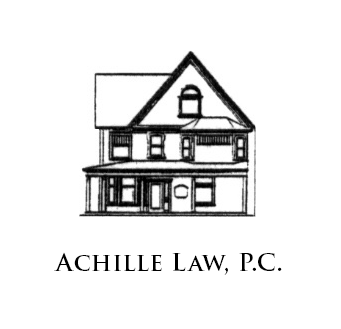Don't Miss Out: Commonly Overlooked Legal Claims in Auto Accident Cases
Auto accidents can be overwhelming experiences, often leaving victims dealing with physical injuries, emotional distress, and financial burdens.
While pursuing compensation for medical expenses and property damage is commonly known, several legal claims are frequently overlooked in the aftermath of an auto accident. Here are some commonly missed legal claims to ensure that victims are fully informed of their rights.
Loss of Consortium
Loss of consortium refers to the negative impact an accident can have on the relationship between a victim and their spouse or immediate family members. It encompasses the loss of a family relationship, such as things the injured person can no longer do, including companionship, affection, intimacy, and support. Although not applicable to every case, it is essential to consider the emotional toll on relationships and explore potential claims for loss of consortium.
Emotional Distress
Auto accidents can result in significant emotional distress, including anxiety, depression, post-traumatic stress disorder (PTSD), and other psychological injuries. Victims may be entitled to compensation for the emotional suffering they experience due to the accident. Documenting any mental health treatment and seeking guidance from mental health professionals can strengthen such claims.
Punitive Damages
In certain cases, punitive damages may be sought if the at-fault party's behavior was particularly egregious. Unlike compensatory damages, which aim to reimburse the victim for their losses, punitive damages are designed to punish the responsible party and deter similar behavior in the future. They can be awarded in cases involving gross negligence, recklessness, or intentional misconduct.
Diminished Value of Property
If your vehicle sustains damage in an accident, it is not uncommon for its market value to diminish, even after repairs have been made. Diminished value refers to the reduction in resale value caused by the accident and subsequent repairs. In some jurisdictions, victims may be entitled to compensation for the diminished value of their vehicle.
Negligent Infliction of Emotional Distress (NIED)
In addition to emotional distress claims, victims may have a separate legal claim for negligent infliction of emotional distress if they witnessed a loved one's injury or death due to the accident. This claim recognizes the psychological harm caused to individuals directly witnessing the traumatic events.
Product Liability
In some cases, auto accidents may occur due to defects in the vehicle itself or its components. If a defect contributed to the accident or exacerbated the injuries, the victim may have a product liability claim against the manufacturer or distributor.
This claim focuses on the responsibility of the product manufacturer to provide safe and reliable vehicles.
Third-Party Liability
While the primary focus of an auto accident claim is often the at-fault driver, it is crucial to investigate the involvement of other parties. For example, if the accident was caused by a defective road condition, poor signage, or negligent maintenance, a claim could be pursued against a government entity, construction company, or property owner. The owner of the car or the repair person may be liable for failure to maintain the car in a safe condition or allowing use by someone known to be unable to operate a vehicle safely.
Next Steps
Understanding commonly missed legal claims is essential for auto accident victims to ensure they can obtain the full and fair compensation they deserve. However, it is important to note that each case is unique, and the applicability of these claims and others may depend on the specific circumstances. Consulting with an experienced auto accident attorney is crucial to thoroughly evaluate the case, identify all possible legal claims, and pursue the appropriate compensation.
Remember, time is of the essence. Do not delay in seeking legal advice and taking necessary action to preserve your rights. Together, we can navigate the legal landscape and work towards achieving justice for you.
Contact us to learn how we can assist you in seeking justice for the harm done to you. We provide legal guidance and representation for most legal matters.
